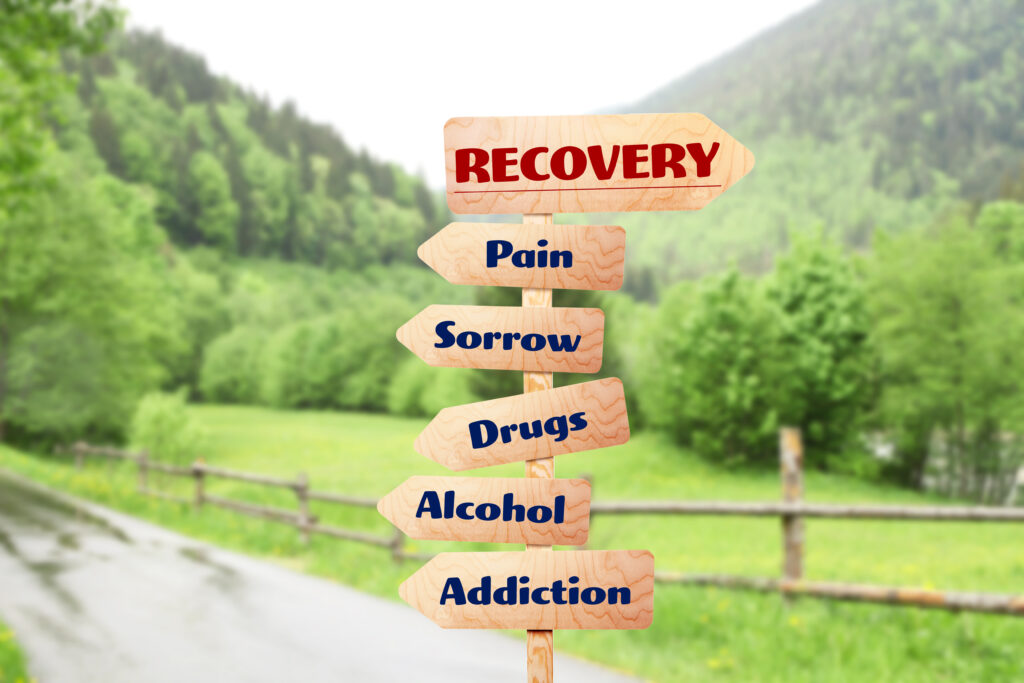Addiction & Support
for Loved Ones
What Is Addiction?
Addiction is a complex condition that affects both the brain and behavior. It’s not simply a lack of willpower or a moral failing—it’s a chronic medical condition that involves repeated use of a substance or engagement in a behavior despite harmful consequences. Addiction can involve alcohol, prescription drugs, illicit substances, or compulsive behaviors like gambling.


What Is Addiction?
Addiction is a complex condition that affects both the brain and behavior. It’s not simply a lack of willpower or a moral failing—it’s a chronic medical condition that involves repeated use of a substance or engagement in a behavior despite harmful consequences. Addiction can involve alcohol, prescription drugs, illicit substances, or compulsive behaviors like gambling.

How Addiction Affects Your Life
Addiction can impact every part of a person’s life. Physically, it can lead to health deterioration. Emotionally, it often creates cycles of shame, anxiety, and depression. Relationships can become strained or broken. Work, finances, and personal goals often fall by the wayside. For many, the road to recovery starts with recognizing these patterns and asking for help.
Treatment Options
There is no one-size-fits-all approach to addiction treatment. A combination of therapeutic interventions, medical support, and community resources offers the best outcomes. We work alongside individuals and families to identify the most appropriate path forward.
In-Patient Treatment
In-patient or residential treatment programs provide intensive, structured care in a supportive environment. These programs are often recommended for individuals with severe addiction or co-occurring mental health disorders.
Out-Patient Treatment
Out-patient therapy allows individuals to continue daily life while receiving consistent therapeutic support. This can include individual therapy, group counseling, and medication management, depending on need and severity.
How Therapy Helps
Therapy plays a vital role in both early recovery and long-term maintenance. It provides a safe space to explore the root causes of addiction, learn healthier coping strategies, and rebuild relationships. Therapy can also help clients set meaningful goals and rediscover a sense of purpose and self-worth.
At Indy Mental Health and Wellness, we tailor therapy to each individual using evidence-based approaches:
Therapeutic Interventions
Motivational Interviewing (MI)
MI is a client-centered approach designed to strengthen motivation and commitment to change. It helps individuals resolve ambivalence and take practical steps toward recovery at their own pace.
Cognitive Behavioral Therapy (CBT)
CBT helps individuals identify and challenge harmful thought patterns that contribute to substance use. By learning new ways of thinking and behaving, clients gain greater control over their triggers and choices.
Acceptance and Commitment Therapy (ACT)
ACT encourages clients to accept difficult emotions while committing to actions aligned with their values. It’s particularly helpful for managing urges and staying grounded during high-stress moments.
Psychodynamic Therapy (Supportive Expressive Therapy)
This approach explores the underlying emotional and relational patterns that may contribute to addiction. By gaining insight into these patterns, individuals can begin to heal from past trauma and build stronger emotional resilience.
Support for Loved Ones
How Loved Ones Are Affected by Addiction
Addiction doesn’t only impact the person using—it often creates emotional turmoil for the people closest to them. Loved ones may feel helpless, angry, confused, or consumed with worry. Over time, they may begin to neglect their own needs, trying to manage or control someone else’s behavior. This dynamic can lead to burnout, anxiety, and a deep sense of isolation.
You are not alone, and your well-being matters too.


How Loved Ones Are Affected by Addiction
Addiction doesn’t only impact the person using—it often creates emotional turmoil for the people closest to them. Loved ones may feel helpless, angry, confused, or consumed with worry. Over time, they may begin to neglect their own needs, trying to manage or control someone else’s behavior. This dynamic can lead to burnout, anxiety, and a deep sense of isolation.
You are not alone, and your well-being matters too.

Codependency
Codependency is a pattern in which someone prioritizes another person’s needs over their own, often to the point of emotional or physical exhaustion. It’s common in relationships where addiction is present. While it’s rooted in love and care, codependency can unintentionally enable addictive behaviors and keep both people stuck in unhealthy patterns.
Therapy can help you recognize these patterns, set healthy boundaries, and reclaim your emotional balance.
Learning About Attachment & Detachment
Healing as a loved one involves understanding the difference between healthy support and over-involvement. This often starts with learning about attachment styles—how early relationships influence our current emotional bonds—and how to practice detachment with compassion.
Detachment does not mean giving up on someone. It means releasing the responsibility for their choices while continuing to care. In therapy, we work with loved ones to rebuild trust, find peace in uncertainty, and create space for both boundaries and connection.
